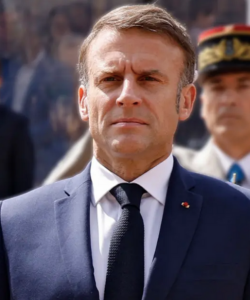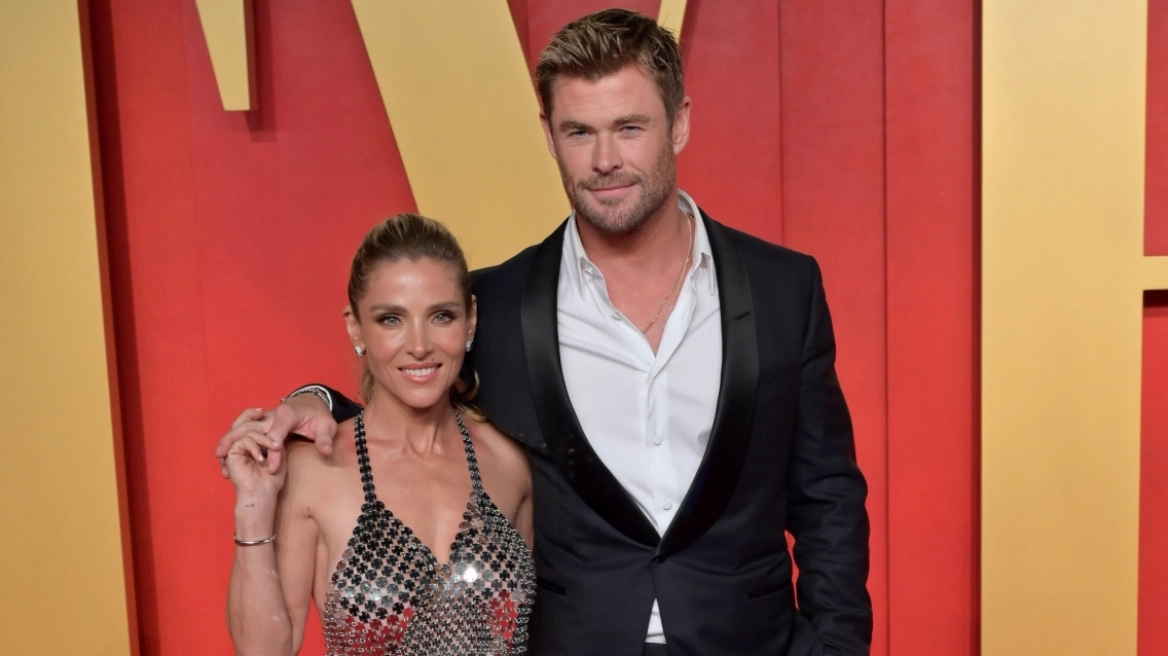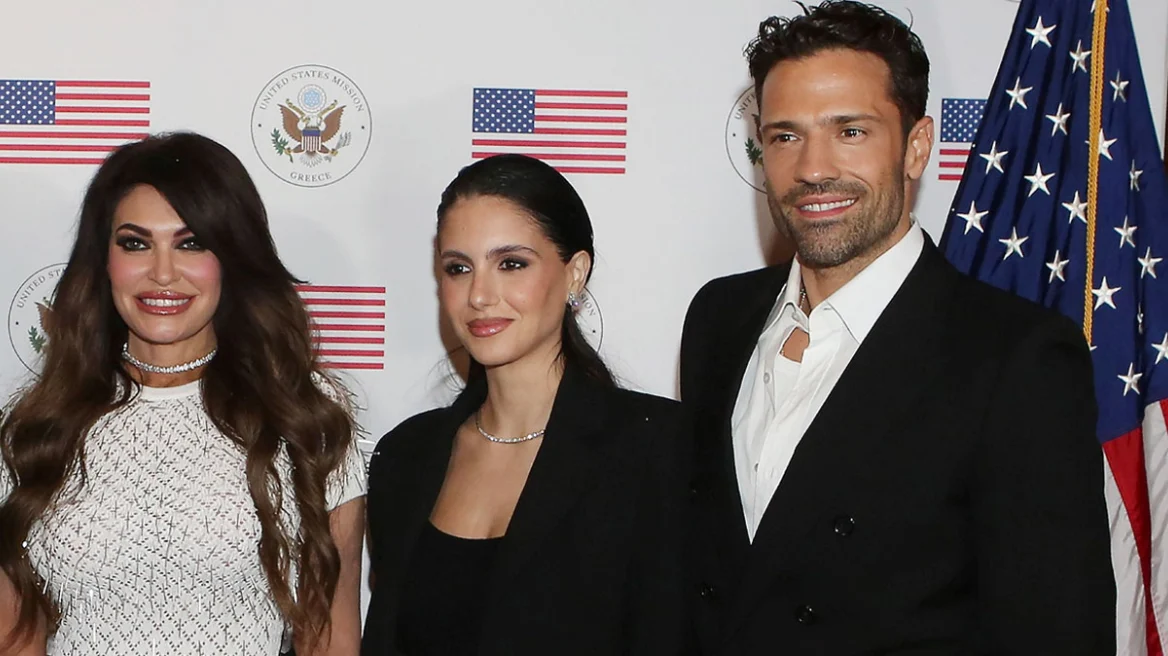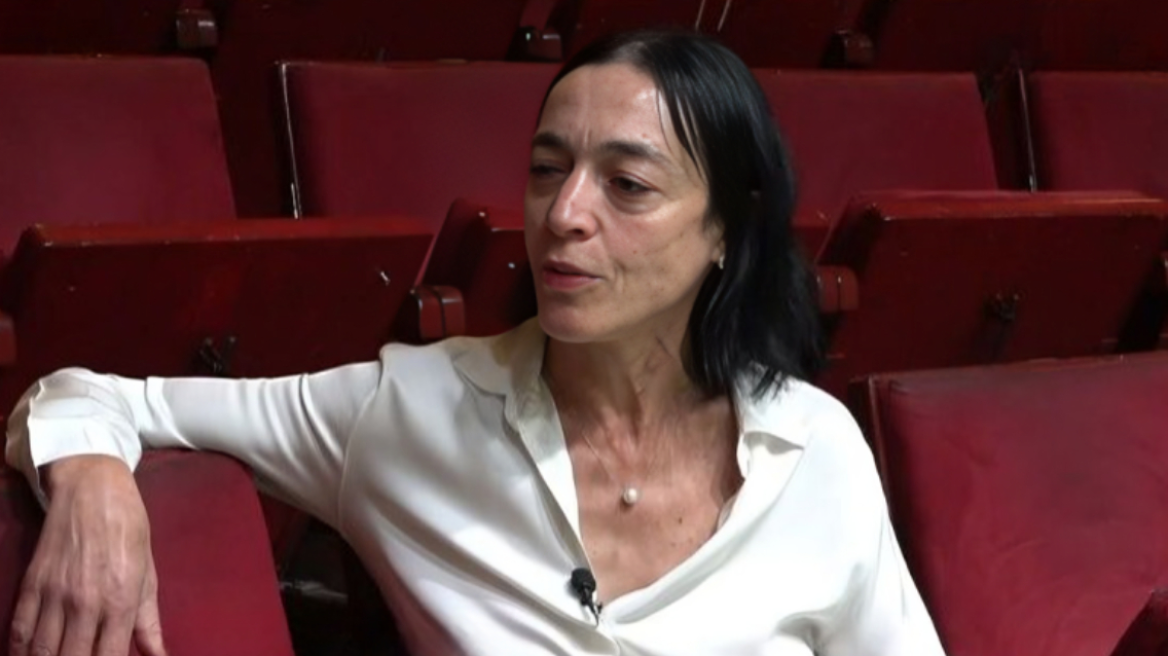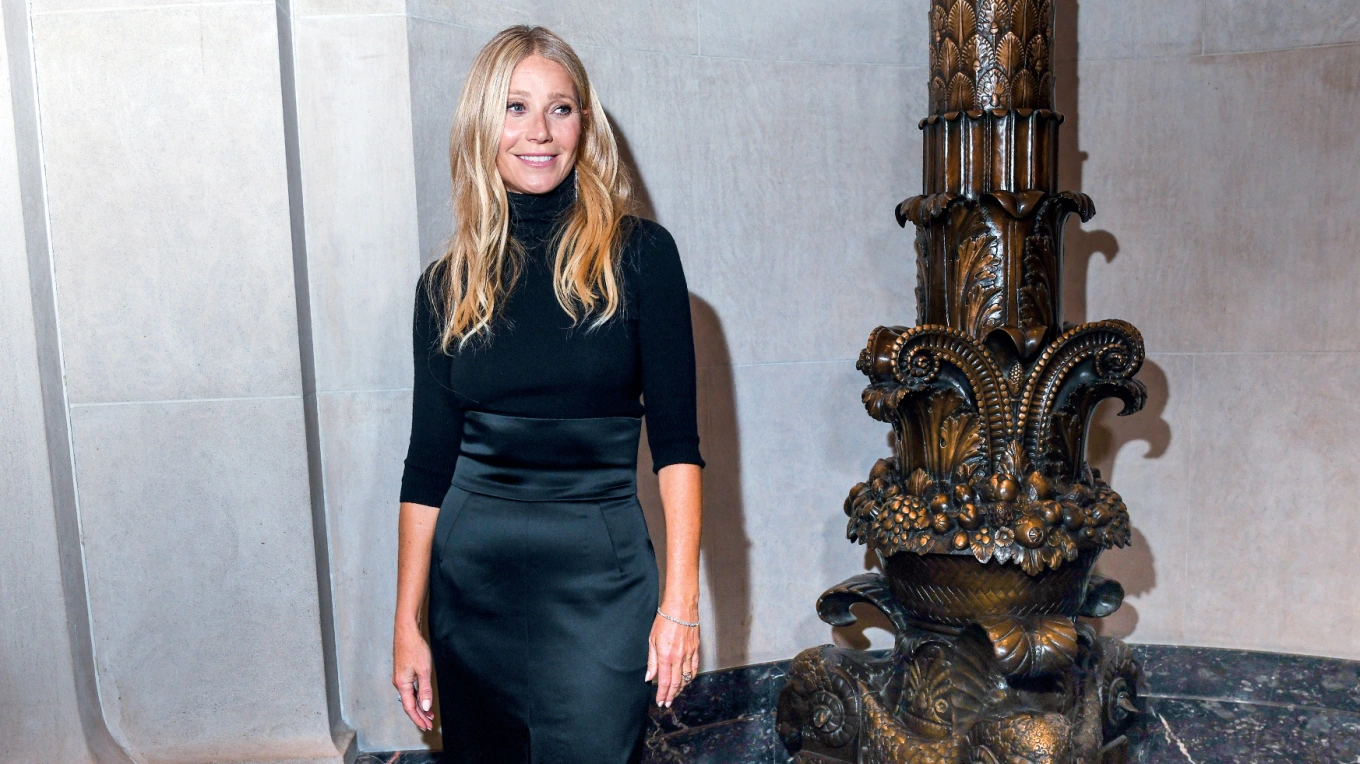Gabriel Attal visited Macron’s office at noon to submit his resignation, as he had announced the previous day. The president of France has the authority to accept or reject the Prime Minister’s resignation.
Attal had stated the previous night that he would offer his resignation to the president, as per French political tradition, however, he was ready to continue in his role as long as necessary.
Who Will Be the Next Prime Minister?
The celebrations of the New Popular Front, which triumphed over Le Pen and came first in the French parliamentary elections, lasted less than 24 hours. The four-party alliance already shows signs of division regarding the nomination of a candidate for Prime Minister. The “Front,” led by Jean-Luc Mélenchon, comprises Insubordinate France, the Communists, the Socialists, and the Environmentalists. However, these parties now appear to be following separate paths.
As reported by Le Figaro, many members of the left-wing coalition are uneasy with Mélenchon, who could theoretically become the next Prime Minister. For this to happen, the four parties need to agree on a candidate who will have broad appeal and secure the approval of President Emmanuel Macron.
The short-haired former MP of Insubordinate France, Clementine Autain, was the first to express differences. She announced her departure from Mélenchon’s party and called for a meeting of New Popular Front MPs to propose a Prime Minister to Macron who would not be François Hollande or Jean-Luc Mélenchon. Autain, who was elected as an MP of the “People’s Front,” assured that she would not nominate herself for Prime Minister. However, last night she requested Macron to appoint a Prime Minister from her “France Insubordinate” party, implying herself.
The Elysee appears reluctant to hasten any discussion about the next Prime Minister. Mélenchon causes discomfort among centrists, and his faction has been repeatedly accused of flirting with “anti-Semitism.” Olivier Faure, head of the Socialist Party, which is part of the left-wing alliance, emphasized the need to present a candidate for Prime Minister within a week. He asserted that the choice would be made “this week,” either by consensus or through a forced vote among the different factions of the People’s National Front.
Who Wants Mélenchon?
MP Mathilde Panot, from Mélenchon’s party, claimed that the left-wing alliance would propose “a Prime Minister and a government this week.” Speaking to the RTL network, Panot defended her party leader, stating: “Jean-Luc Mélenchon is the one who taught the left that it could win again… Most people don’t hate him; go to popular cities.”
On the other hand, Marine Todelier, the populist secretary of the Ecologists, opposed Mélenchon’s candidacy for Prime Minister. She stated that the Prime Minister should come from the ranks of the New People’s Front, noting that they do not have an absolute majority and that both Macronists and the far-right National Coalition have even fewer seats. Todelier argued that Macron should officially call the National People’s Front and announce the new Prime Minister.
An article in Politico pointed out that, after the surprise victory of the National Popular Front in the elections, the two main forces of the left coalition, Jean-Luc Mélenchon’s France Insubordinate and the Socialists, are expected to play a key role in the upcoming consultations. This could potentially exclude Marine Todelier, head of the Greens, from the race for Prime Minister despite her strong pre-election campaign presence.
For France Insubordinate, the most obvious choice would be the 72-year-old Mélenchon himself, but his defiant stance on various issues, ranging from the economy to the war in Ukraine, complicates the situation.
Ask me anything
Explore related questions
